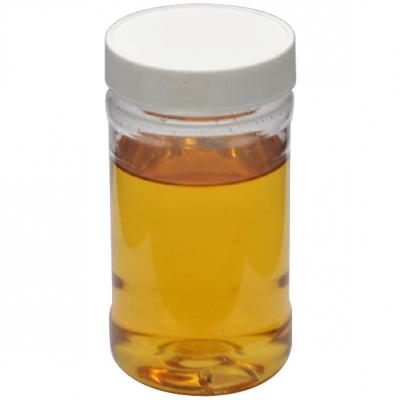In the vast world of manufacturing, chemical auxiliary agents play a pivotal role, often working behind the scenes to ensure the smooth and efficient production of various products. In this blog, we will decode chemical auxiliary agents, shedding light on their significance and understanding their crucial role in the manufacturing industry.
The Basics: What are Chemical Auxiliary Agents?
Chemical auxiliary agents, also known as process additives or functional additives, are substances that are added to a manufacturing process to enhance specific properties or improve the overall process. While they may not be the primary components of the final product, their impact is instrumental in achieving desired outcomes and maintaining production efficiency.
Tailoring Material Properties: Enhancing Performance
One of the key roles of chemical auxiliary agents is to tailor the properties of materials used in manufacturing. These agents can modify viscosity, adhesion and other characteristics, ensuring that the materials meet the specific requirements of the end product. Whether it's improving the elasticity of plastics, enhancing the bonding of adhesives, or adjusting the color of paints, chemical auxiliary agents fine-tune material properties to achieve optimal performance.
Process Optimization: Improving Efficiency and Consistency
Manufacturing processes can be complex, involving multiple steps and variables. Chemical auxiliary agents step in to optimize these processes, improving efficiency and consistency. They act as catalysts, accelerators, or stabilizers, facilitating reactions, reducing reaction times, and maintaining product quality. Their presence ensures that production runs smoothly and that product variations are minimized, leading to cost savings and improved overall productivity.
Environmental and Safety Considerations: Reducing Environmental Impact
As industries increasingly focus on sustainability and environmental responsibility, chemical auxiliary agents play a vital role in reducing the environmental impact of manufacturing processes. These agents can aid in reducing energy consumption, waste generation, and the use of hazardous materials. By making processes more environmentally friendly, manufacturers can align their practices with eco-conscious goals and regulations.
In the complex world of manufacturing, chemical auxiliary agents are unsung heroes, playing a vital role in tailoring material properties, optimizing processes, and unlocking new possibilities for customization and innovation. Their impact on product performance, process efficiency, and environmental sustainability is undeniable. By understanding the significance of these agents, manufacturers can harness their power to create superior products and stay at the forefront of their respective industries. As technologies advance and environmental considerations become increasingly crucial, the role of chemical auxiliary agents will continue to evolve, contributing to a more efficient, sustainable, and innovative manufacturing landscape.



 English
English  日本語
日本語  Español
Español  tiếng việt
tiếng việt  Türkçe
Türkçe  ไทย
ไทย  українська
українська  हिंदी
हिंदी  বাঙালি
বাঙালি  اردو
اردو 


